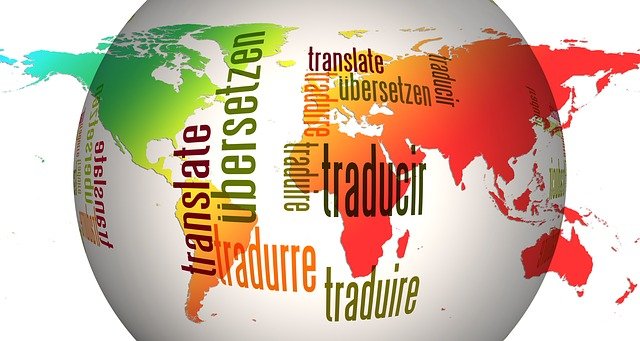There are about 7,000 languages spoken around the world — and they all have different sounds, vocabularies and structures. But do they shape the way we think? Cognitive scientist Lera Boroditsky shares examples of language — from an Aboriginal community in Australia that uses cardinal directions instead of left and right to the multiple words for blue in Russian — that suggest the answer is a resounding yes. “The beauty of linguistic diversity is that it reveals to us just how ingenious and how flexible the human mind is,” Boroditsky says. “Human minds have invented not one cognitive universe, but 7,000.”
.
Watch:
Glossary
- reaches– a part of an area of land
- to beg a question – to make one want to ask that question
- to weigh in – to add your comments, to contribute, as in a discussion, etc
- to lay sth out – to spread something out on a flat surface; to explain something explicitly (e.g. a concept)
- quirk – a peculiar trait
- stepping stone – a circumstance that assists progress towards some goal
- realm – an area of interest or activity, or thought
- to fuss with – to continually fiddle with something; to manipulate something excessively
- ingenious – very intelligent and skilful
- to hone – to carefully develop over a long period of time so that it is exactly right for your purpose
- biased – if someone is biased, they prefer one group of people to another, and behave unfairly as a result
True or False?
1. Our brains can transform air vibrations into thoughts.
2. The presenter begs to be asked a particular question.
3. If you were a Hebrew speaker you’d organize the pictures representing different stages of life from left to right.
4. German speakers would describe a bridge as strong or long.
5. English speakers would be more likely to remember that breaking a vase was an accident rather than who did it.
6. According to the presenter the language guides our reasoning about events.
7. Language doesn’t play any role in the decisions we make.
8. Right now almost everything we know about the human mind and human brain is thanks to some university students.
ANSWERS: 1.T; 2.F; 3.F; 4.F; 5.F; 6. T; 7. F; 8. T
Practice Makes Perfect
Put the verbs in brackets into either the gerund or the infinitive form:
1. Recently in my lab and other labs around the world we’ve started ……….. (do) research and now we have actual scientific data to weigh in on this question.
2. If your language and your culture trains you ……. (do) it, actually you can do it.
3. There are languages that don’t have a word like seven or a word like eight and in fact people who speak those languages don’t count and they have trouble ……… (keep) track of exact quantities.
4. German speakers are more likely ………. (say) bridges are beautiful.
5. Two people watched the same event, witnessed the same crime, but end up …………….. (remember) different things about that event.
6. People who speak different languages will pay attention to different things, depending on what their language usually requires them ……….. (do).
7. What thoughts do I wish ………. (create) ?
ANSWERS: 1.doing; 2. to do; 3. keeping; 4. to say; 5. remembering; 6. to do; 7. to create
Discuss:
- How do you feel about learning a new language?
- Which language would you like to learn?
- Is there a language you like or dislike the sound of?
- Do you think learning a language broadens the mind?
- Do you think that one day there will be just one language in the world? Would the world be a better place?
- Does language make the personalities of each nationality different?
- Do you think body language is universal?
Explore it more to create your own teaching-learning experience!
“There’s a flip side to everything,” the saying goes, and in 2 minutes, Derek Sivers shows this is true in a few ways you might not expect.
(1546)





